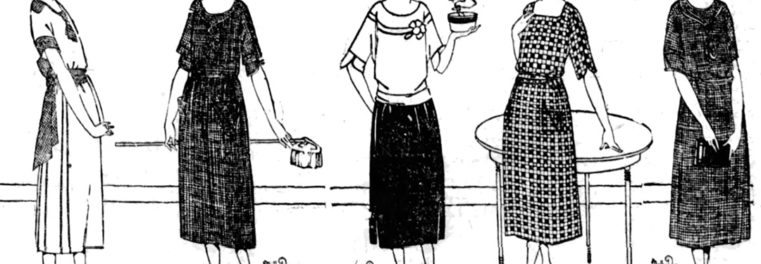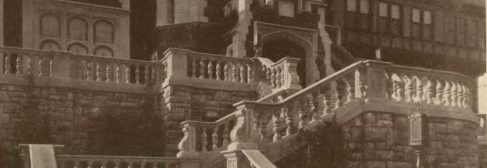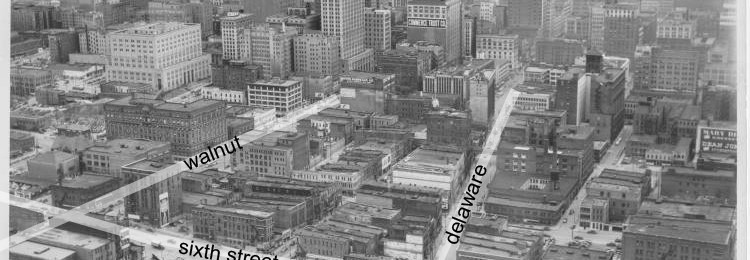Walter Cronkite
WWII, CBS Evening News, the first anchorman, “The Most Trusted Man in America”

The Anchorman Archetype: Walter Cronkite
Imagine flying over Normandy, France with the 101st U.S. Airborne division on D-Day, 1945. Or the rare opportunity to interview (former, but then-present) American presidents from the likes of Ronald Reagan and John F. Kennedy to Kansas City’s own Mr. Harry S. Truman. Or – unanimously – bestowed the title, “Most Trusted Man in America.” No other person save for Mr. Cronkite himself has garnered this title before – or since. It’s safe to say that the CBS anchor (among his many other ventures in reporting) was a one-of-a-kind human being, changing the news and television industries insurmountably with his frank and assertive style.
Though born in St. Louis, MO., Walter Cronkite grew up in Kansas City, always deeming it his home. His talent shone even then as he kept an observation journal from a young age. At 11 years old, the Cronkite family relocated to Texas. The Great Depression of the 1930s saw Walter and his family resorting to dog food for some meals – times were hard, to say the least. How did the great Uncle Walter soar from such a low place to the most beloved figure (ever) in the history of news?
You might say it started when Walter secured a place at both the Republican and Democratic National Conventions in 1928. Perhaps, in the midst of these conferences, teeming with energetic, passionate supporters, the 12-year-old imagined himself someday commanding the stage during the keynote speech. As a teenager, Walter was hired on at the Houston Post. After an unsuccessful attempt at the University of Texas, he moved back to the old Kansas City stomping grounds.
Working at a Kansas City radio station for several years gave way to a war reporter position during World War II. He covered both Europe and Africa, most often on the ground with American soldiers – or, in the air, as he was the first reporter to ride along during bombing missions. He flew in over Normandy in 1944 – on D-Day, when the Allies invaded by sea. His grit and reporting skills (what a natural!) allowed his coverage of the Nuremburg Trials (prosecuting Nazi war criminals) the following year.
Upon returning to the States, in 1950 Walter accepted a reporting job at CBS. This led to Mr. Cronkite’s attendance at nearly every single political convention and presidential election for over 30 years – and as one of the original broadcast journalists in television, he sat down with candidates and Presidents alike in the studio (in 1963, he would cover the assassination of John F. Kennedy, just a short time after their conversation together).
Promoted to anchorman (a position Cronkite would maintain for over 20 years), CBS Evening News claimed the highest rating and viewing numbers. Its popularity transformed the initial 15 minute show into a 30 minute block. His straightforward, double-fact-checking and unbiased approach to news reporting earned Walter countless awards, from Emmys to the Peabody Award, acknowledgement from NASA as the Ambassador of Exploration and the William Allen White Award.
In a time of biased news outlets and selective media coverage, we really miss ol’ Walter and his no-nonsense charm. But alas – as Mr. Cronkite always signed off the air – “That’s the way it is.”










